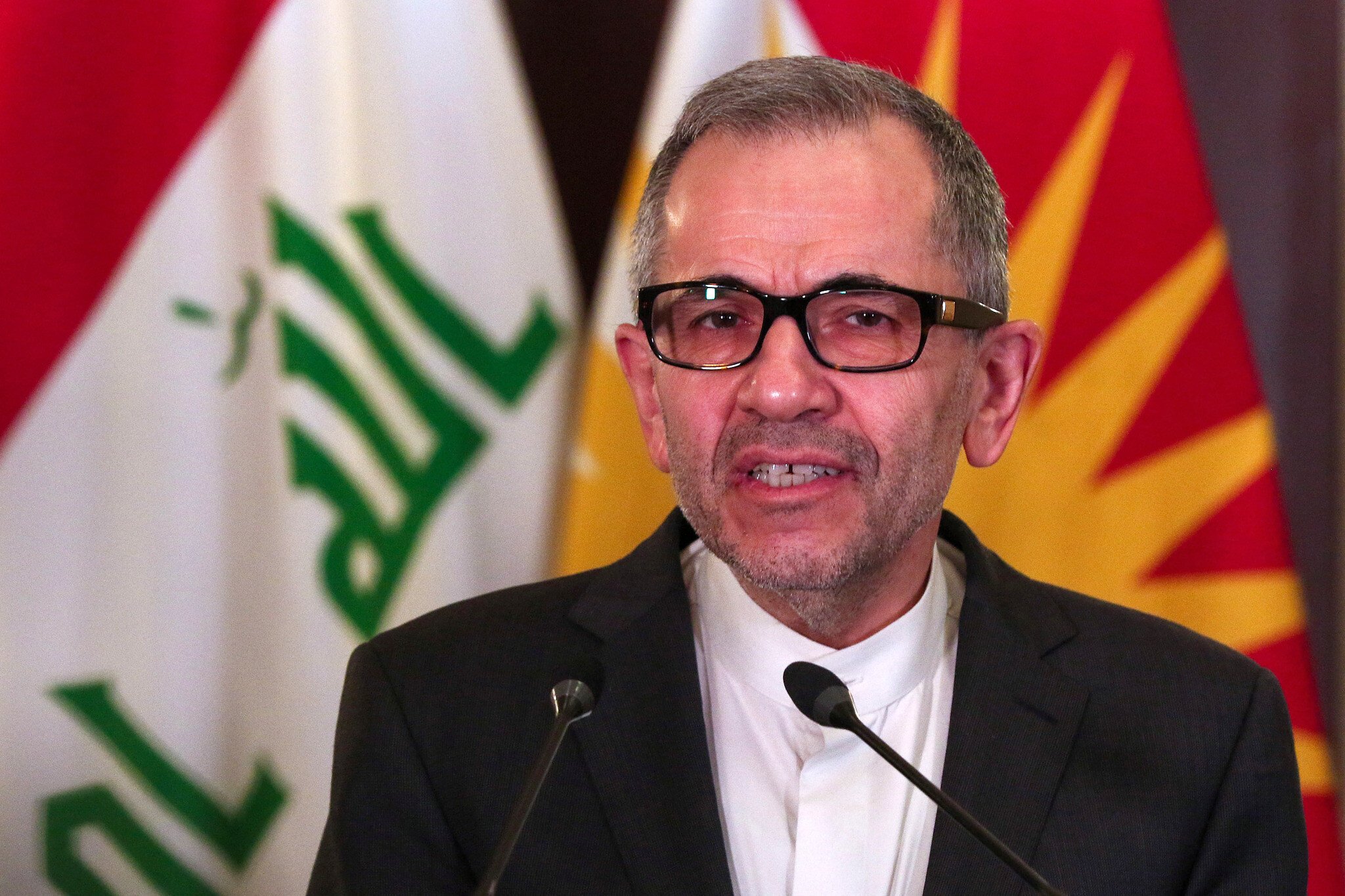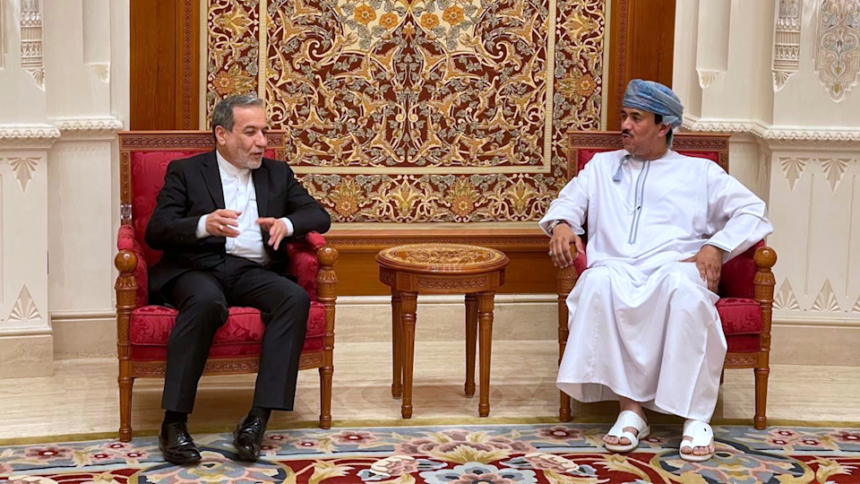Tehran: Iran’s Foreign Minister Abbas Araghchi declared on Sunday that Iran will continue enriching uranium “with or without a deal” with global powers, amid renewed nuclear negotiations and mounting international scrutiny.
“If the US is interested in ensuring that Iran will not have nuclear weapons, a deal is within reach,” Araghchi stated on X (formerly Twitter). “Enrichment in Iran, however, will continue with or without a deal.”

Iran currently enriches uranium to 60%, far exceeding the 3.67% limit set in the 2015 Joint Comprehensive Plan of Action (JCPOA), but still below the 90% threshold needed for a nuclear warhead. Tehran maintains that its nuclear activities are strictly for peaceful and civilian use.
UN Oversight and No Military Intentions
On Wednesday, Mohammad Eslami, chief of Iran’s atomic energy agency, reiterated that the country “does not seek nuclear militarisation,” stressing that enrichment is under the continuous supervision of the International Atomic Energy Agency (IAEA).
“The dismantling of enrichment is not accepted by Iran,” Eslami emphasized.
Engaging with Europe Amid Sanctions Threat
Amid growing pressure from European signatories to the JCPOA — Britain, France, and Germany — Araghchi offered to rebuild diplomatic ties, urging the European Union to take an independent approach.
“Iran is ready, should it observe genuine will from the European parties, to begin a new chapter in its relations with Europe,” he said at a diplomatic forum in Tehran.
The three European powers are reportedly considering triggering the “snapback” sanctions mechanism, which could reinstate UN sanctions on Iran for alleged non-compliance. That option remains available until October 2025.
Araghchi warned earlier this month of “irreversible consequences” should those nations proceed with reinstating sanctions.
Talks with US and Gulf Mediators
Iran has already held four rounds of nuclear discussions with the United States, the most direct contact since the US unilaterally exited the nuclear deal under President Donald Trump in 2018. These talks, mediated by Oman and Qatar, aim to revive or replace the JCPOA in exchange for sanctions relief and international monitoring guarantees.

On the forum sidelines, Araghchi also met with Omani Foreign Minister Badr Albusaidi and Qatari Prime Minister Sheikh Mohammed bin Abdulrahman Al-Thani, exploring pathways to finalize a deal with the US.
“We want Europe to play its role, even if it has minimized its own role,” said Araghchi, urging a shift from confrontation to cooperation.
Looking Ahead
As geopolitical tensions remain high, Iran’s stance signals a firm commitment to what it considers its sovereign right — enrichment for peaceful use — regardless of external pressure or diplomatic fallout.
With snapback sanctions looming and negotiations at a critical juncture, the next few months could determine whether diplomacy prevails — or if confrontation resumes.









